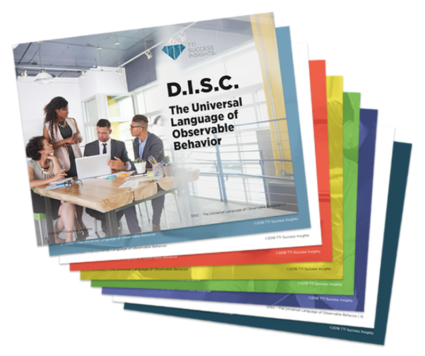Transform Triggers Into Emotional Intelligence Breakthroughs
In our last post, we delved into the importance of self-awareness as the foundation for increasing emotional intelligence (EQ). In today’s blog, we’ll explore how understanding your triggers and beliefs can further enhance your emotional intelligence in the
Becoming an Emotionally Intelligent Leader Begins By Focusing on You
 Long gone are the days of ruthless leadership and authoritarian control. Successful organizations today understand the importance of a people-centered approach to leadership; one that treats employees with empathy, effectively communicates with and listens to them, and engages them in a shared vision in order
Long gone are the days of ruthless leadership and authoritarian control. Successful organizations today understand the importance of a people-centered approach to leadership; one that treats employees with empathy, effectively communicates with and listens to them, and engages them in a shared vision in order
Shifting from Faulty Motives to Productive Motives
 In order to engage in productive conflict, you must shift from your default approach to productive motives.There are 3 Default Approaches people typically take into Conflict Conversations – blow up, amp up, or
In order to engage in productive conflict, you must shift from your default approach to productive motives.There are 3 Default Approaches people typically take into Conflict Conversations – blow up, amp up, or
The ABC Conversation – Are You Shutting People Down or Opening People Up?
Here’s how the conversation typically goes … you’re the leader and you “passionately” share an idea with the team. When you ask for feedback, you get blank stares and some mild head nods, but virtually no response. The question is how do you get them to feel safe so they will speak up?
Stop Complaining
As a manager, often your direct reports just want to come and complain to you about other team members, work issues, other departments, etc. They usually have no intention of fixing the situation – they just want to vent. Here are techniques that will not only stop the complaining but also teach your team to move to action on working through problems and challenges.
How You See Yourself <> How Others See You
One of the great aspects of using DISC to understand ourselves and the people we work with is that it gives us a shared vocabulary for describing behaviors in a non-personal way. A DISC style graph is like a Rosetta Stone for helping people to collaborate and communicate. It helps identify the predispositions that can cause confusion, misunderstandings, and friction so that they can be adjusted for a more harmonious and productive work environment.












